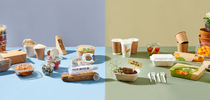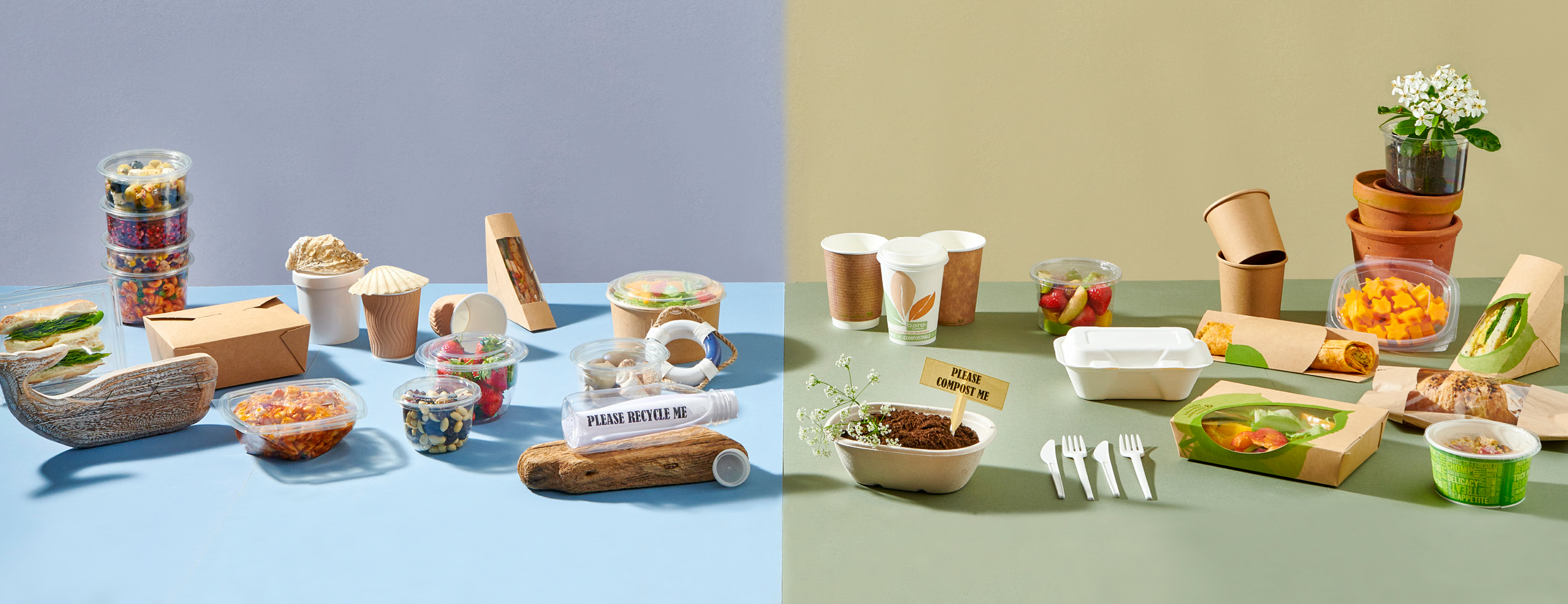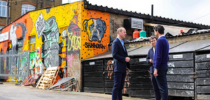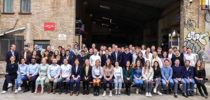Wondering what's new in sustainability this month? Read our favourites below:
- Coca-Cola’s transition to 100% rPET bottles
https://www.cocacolaep.com/media/news/2020/coca-cola-in-western-europe-transitions-to-100-recycled-plastic-rpet-bottles-in-two-more-markets/
Starting October 2020, all of Coca-cola’s locally produced small plastic bottles will be made from 100% rPET, in Norway and Sweden. Bottles of Coca-cola, Sprite and Fanta will be included in the transition. Eliminating the use of new virgin oil-based plastics in Western Europe will not only reduce Coca-Cola’s carbon footprint but will also contribute to removing over 200,000 tonnes of virgin oil-based plastic from their packaging portfolio a year.
- Morrisons to scrap ‘Bag for Life’
https://www.thegrocer.co.uk/plastic/morrisons-to-scrap-plastic-bags-for-life-as-customers-only-use-them-once/647461.article
In another bid to reduce plastic waste, supermarket chain Morrisons is trialling paper bags in eight stores throughout the UK. After data suggesting that many customers were only using their bags for life once - paper bags are planned to reduce excess plastic reaching landfill. The paper bags can allegedly carry up to 16kg, which is equivalent to 13 bottles of wine! If rolled out nationwide, Morrison’s paper bags will eliminate the use of 90 million plastic bags a year, the equivalent of 3,510 tonnes of plastic.
- McDonald’s move to reusable packaging
Also attempting to reduce packaging waste, McDonald's has partnered with Loop to test a reusable cup model for their hot beverages. Set to begin trial in UK sites from 2021, customers will have the choice of a reusable cup (for a small deposit). The cup can then be returned to participating restaurants and safely washed, to be used again. This circular packaging solution is hoping to reduce packaging waste and thus promote a sustainable future.
- Google – Plans for a carbon-free future
This September, Google released a series of sustainability commitments – building towards a carbon-free future. This included eliminating their entire carbon legacy, by offsetting all operational emissions since 2007. This was possible through the purchase of high-quality carbon offsets. Google has also committed that its data centres and campuses worldwide will operate on 24/7 carbon-free energy by 2030. Another pledge see’s Google plan to invest 5000 Megawatts of carbon-free energy globally – helping 500 cities reduce carbon emissions. These pledges are intended to help reduce the effects on climate change.
- A chemical recycling innovation for PLA
https://www.bath.ac.uk/announcements/chemical-recycling-makes-useful-product-from-waste-bioplastic/
Scientists from the Universities of Bath and Birmingham have developed a new method of chemical recycling for the plant-based plastic PLA. This could be an exciting development for bioplastics – which are currently industrially composted rather than recycled. The method breaks down the polymers in PLA back into their original building blocks - in hopes that products can be recycled, again and again, without the original quality being lost. Though only tested in small quantities, the method proved






Leave a comment